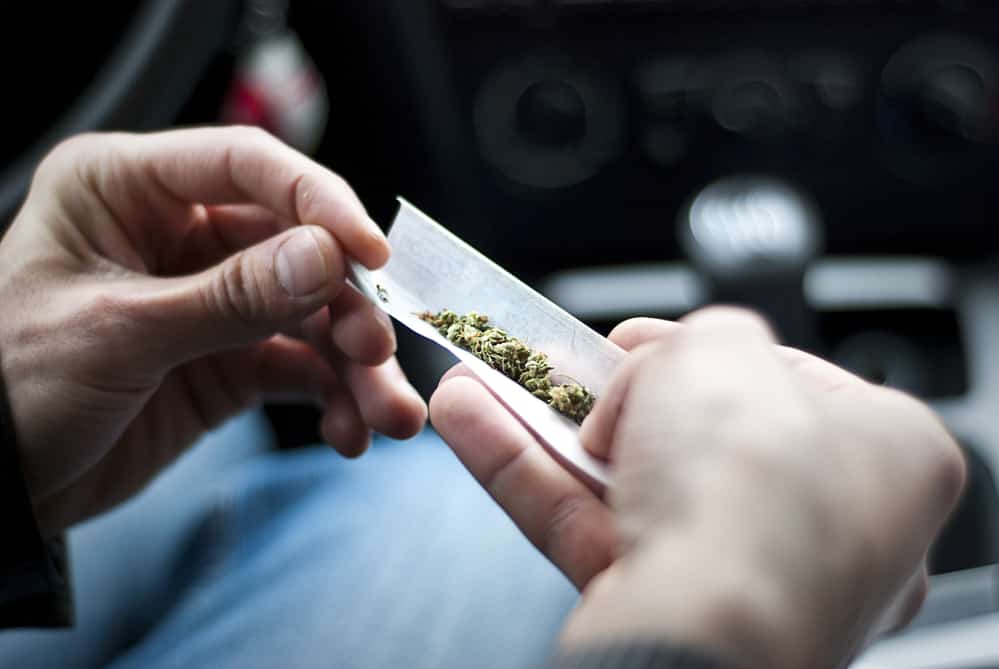Marijuana is one of the most common substances that people become addicted to because it offers a unique feeling of heightened sensations, such as pleasure and humor. Professional help is needed to break the addictive cycle of smoking marijuana because, over time, its use creates a sense of bliss that becomes detached from reality. There is no easy substitute for marijuana and users become addicted to it, sometimes seeking other ways of getting high.
Marijuana is also a social drug promoted by peer pressure and mainstream culture as providing a means of medicinal value. One Client reported that he first tried marijuana during a 4/20 celebration. It’s been debated that marijuana enables greater addiction because of such accessibility and relative wide acceptance. After all, it’s popular, and yet it encourages users to live as if no one else was watching. Using marijuana to alleviate pain may only make matters worse, considering the opioid crisis. Replacing one substance with another only reinforces the gateway effect.
Is Marijuana a Gateway Drug?
Marijuana is seen as a gateway drug, for one reason, because it is smoked. The act of smoking and inhaling marijuana leads to smoking cigarettes and in time encourages greater tobacco use. Tobacco is so addictive that this risk in itself is enough of a reason to present marijuana as a dangerous gateway drug. Aside from enabling addiction, smoking is well known to have cancer-causing effects and lead to health problems that increase over time.
Marijuana use may also lead to greater acceptance of other illicit activities and the use of other drugs, such as heroin or cocaine. Understanding marijuana addiction means coming to terms with overall societal acceptance and looking beyond its surface value as a commodity and medicine. Pain killers and opioids have been used for many years with unequivocal results. Users experience temporary results and often the root cause of pain is left untreated. Users become resistant and immune to effects and look for stronger alternatives. Addicts learn to feel satisfied with substances more than other aspects of life.
Dangers of Marijuana Use
Marijuana users experience inhibition when it comes to doing things they would not normally do. Users feel empowered by a sense of bliss separating them from usual worries about things like paying bills, doing stressful work, studying for tests, and even extends into routine activities. For example, careful driving is more difficult while under the influence or having feelings of addiction and so is engaging in good personal hygiene.
Addicts adapt to having esthetically undesirable expectations about themselves and others. This leads to greater social interaction in less desirable situations and less social interaction in positive relationships. Feeling that marijuana is a healthy means of stress avoidance only adds to the problem, considering that substance abuse becomes their means of control. Relationships are lost and damaged if other people cannot understand or adapt to this sense of control.
Importance of Seeking Professional Treatment
Marijuana users seek to find a complete escape from things that feel or seem out of their control. Of course, there are factors out of their control and will remain out of their control no matter how much marijuana is used. The addict cannot understand this rationale and continues irresponsible consumption.
The addiction itself provides a sense of control with each use. It’s a false sense of control, but it becomes very real in the sense of emotional dependence. That’s why it’s difficult for marijuana addicts to understand the need for guidance through professional treatment, all the while damaging their reputation and harming relationships. The longer an addict experiences such detachment and isolation, the more dangerous its effects become.
At Asheville Recovery Center, treatment specialists have developed a unique, hybrid model of treatment which combines a traditional 12-step program with holistic rehabilitation. A multitude of services, programs, and therapies are offered, including the Partial Hospitalization Program, Residential-style treatment, outpatient rehabilitation, and more.
The founders of Asheville Recovery Center, as well as many of our addiction therapists, have struggled with addiction and now enjoy life in recovery. They understand the struggles of addiction and how difficult it is to overcome alone. If you feel that you or a loved one is struggling with drug abuse, our specialists are on standby and ready to help. Call (828)523-8595 and speak with an addiction expert today.









